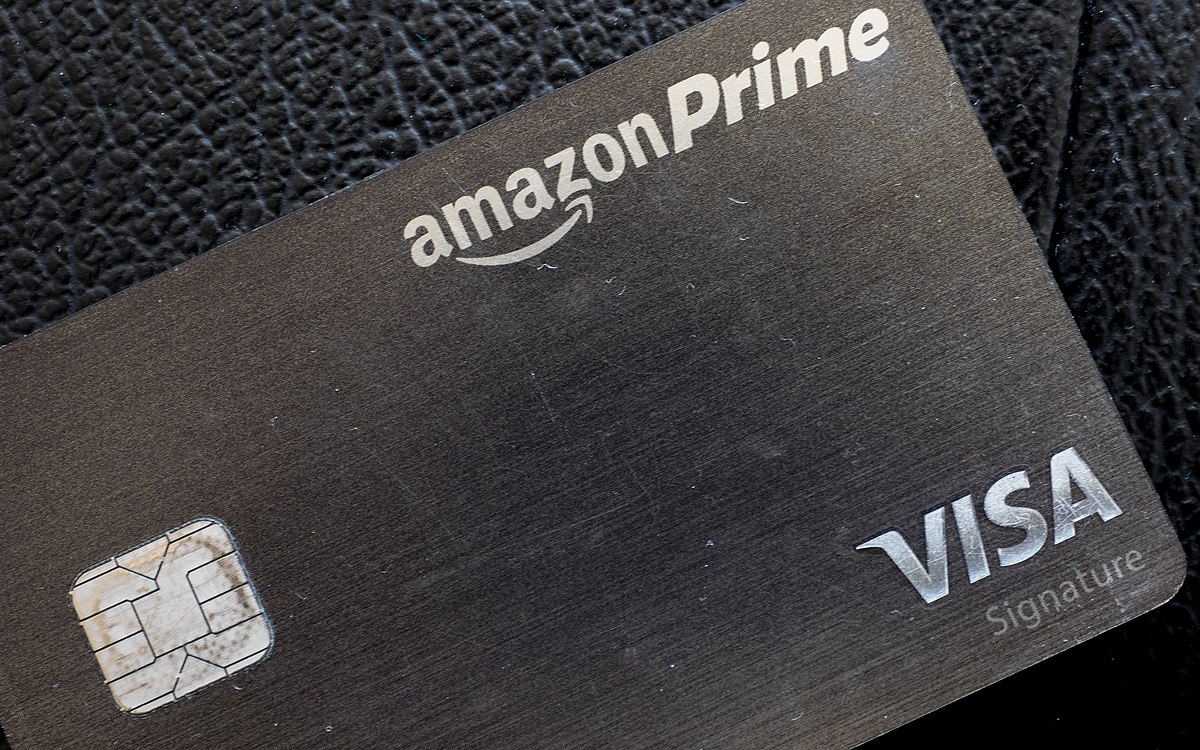An Amazon seller told Congress that the online retailer coerces merchants hoping to its use platform into signing unfair arbitration agreements.
According to CNBC, Jacob Weiss—the owner of OJ Commerce, a company specializing in home goods—told the U.S. House Judiciary Committee that he relies on Amazon’s commercial platform to survive and thrive.
Since Amazon is so dominant in virtual sales, Weiss said that he and many of his counterparts feel they have no choice but to use the platform’s services.
However, Weiss told the Committee he does not believe that Amazon has written fair policies for its merchant. At particular issue, for Weiss, is the company’s use of mandatory arbitration clauses.
Arbitration clauses, in general, prevent employees, clients, or customers from bringing real legal action against an entity. Anyone party to most arbitration clauses cannot file a lawsuit against the other in a local, state, or federal court—they are instead obliged to undergo a meditation process, overseen by a supposedly neutral arbitrator.
While arbitration may not be inherently inclined towards one party or another, its dynamics tend to favor large businesses with vast resources. Since most clauses forbid participation in class action-type lawsuits, individuals are forced to fight tooth-and-nail against corporations which often have far more money and access to better-funded legal teams.
Weiss told the House Judiciary Committee that the dynamics of arbitration—including his own inability to participate in a prospective class action—make it nearly impossible for small-scale entrepreneurs to get a fair outcome.

“Amazon’s forced arbitration clauses have made it impossible to get a fair shake,” Weiss said. “The system is rigged against small- to mid-sized online business owners.”
Amazon has been under antitrust investigation by Congress for months.
In an October hearing, other retailers explained how they felt “squeezed” by Amazon. Along with having to sign similar arbitration clauses, some merchants claim they were forced off Amazon’s marketplace for selling certain products.
Digital stores selling voice-activated and enabled devices, for instance, say their prices are consistently undercut by Amazon’s Alexa series of similar products.
Sometimes Amazon’s more prominent rivals are even shut down by the company—blacklisted from its platform, or banned for vague reasons.
Since Amazon sets its own rules, businesses which feel they have been shorted by Amazon policy have little recourse for protest or appeal. Arbitration, in most cases, is either too time-consuming, too expensive, or both.
Weiss says that Amazon’s prohibition on class actions is detrimental to small and midsized businesses, which cannot “share the cost of arbitrating against Amazon.”
Weiss recalled how, in one instance, he spent tens of thousands of dollars arbitrating a claim against Amazon—while he won the case, he recovered only a fraction of what he had spent fighting it.
“Amazon has mastered the art of driving up the cost of arbitration,” Weiss said, suggesting that the arbitration clause limiting class actions “has insulated Amazon” from any real legal threat.
CNBC notes that Amazon has repeatedly held that its policies are fair, and that the vast majority of seller disputes are resolved “amicably” and outside of arbitration.
Sources
Amazon bullies partners and vendors, says antitrust subcommittee
Amazon seller blasts the company’s forced arbitration policy in congressional hearing on antitrust


Join the conversation!